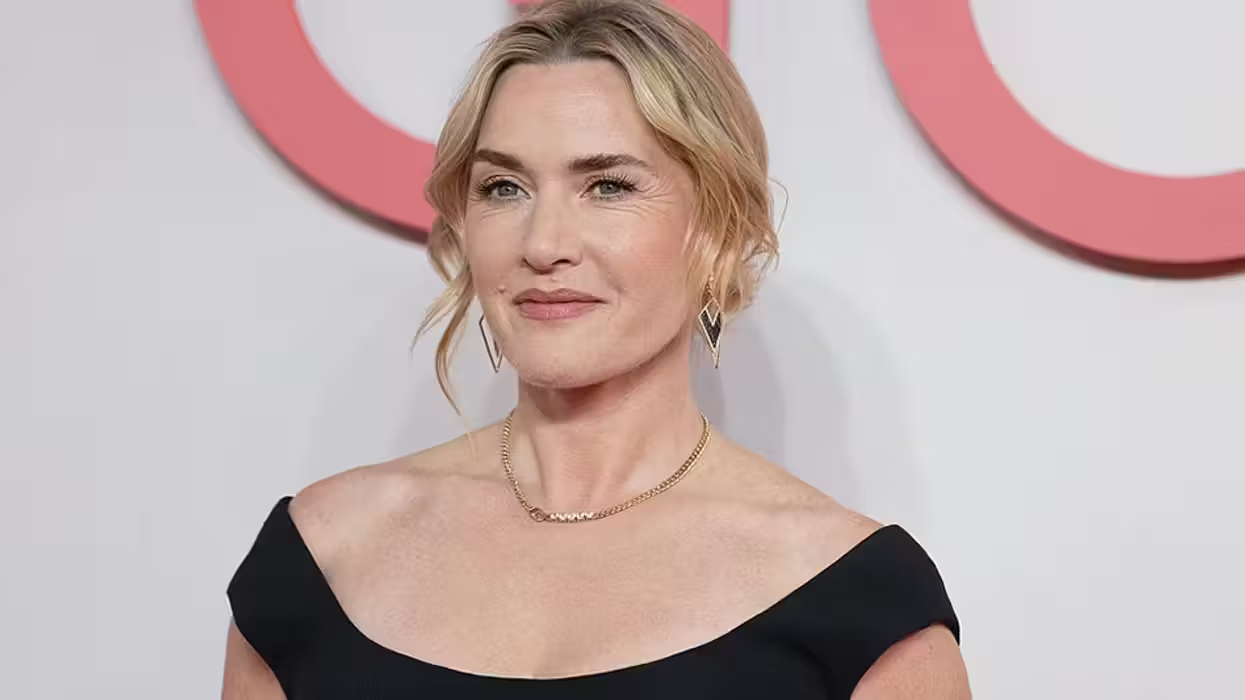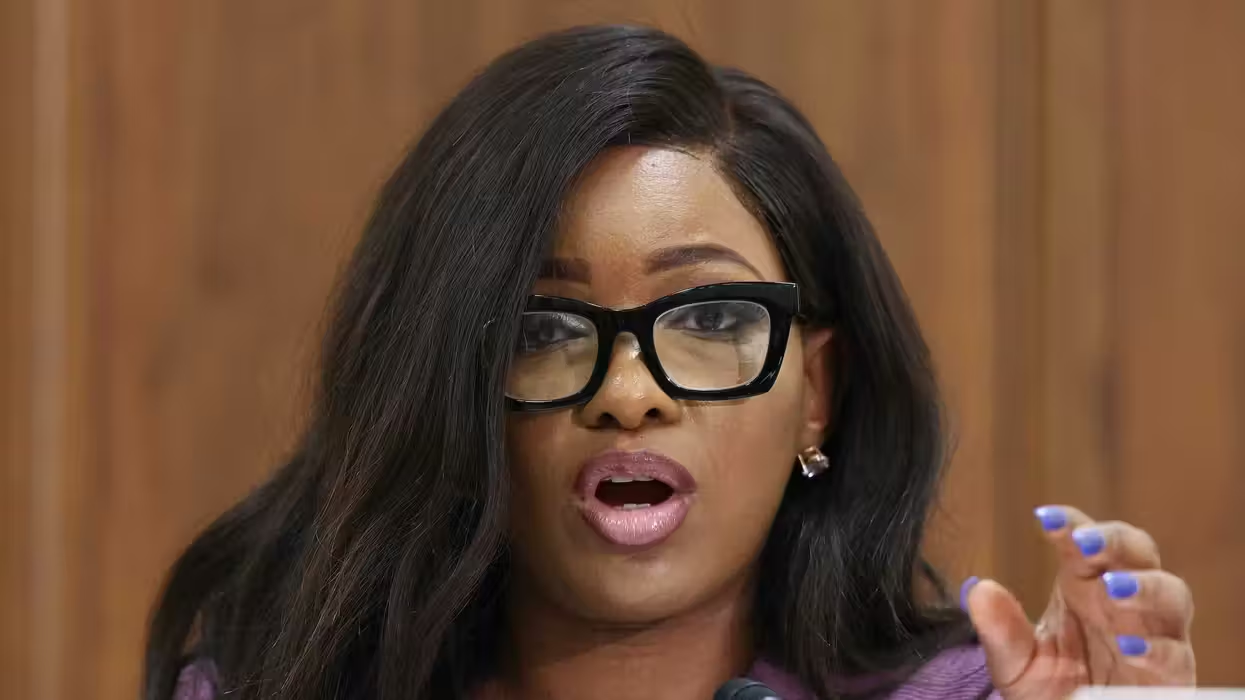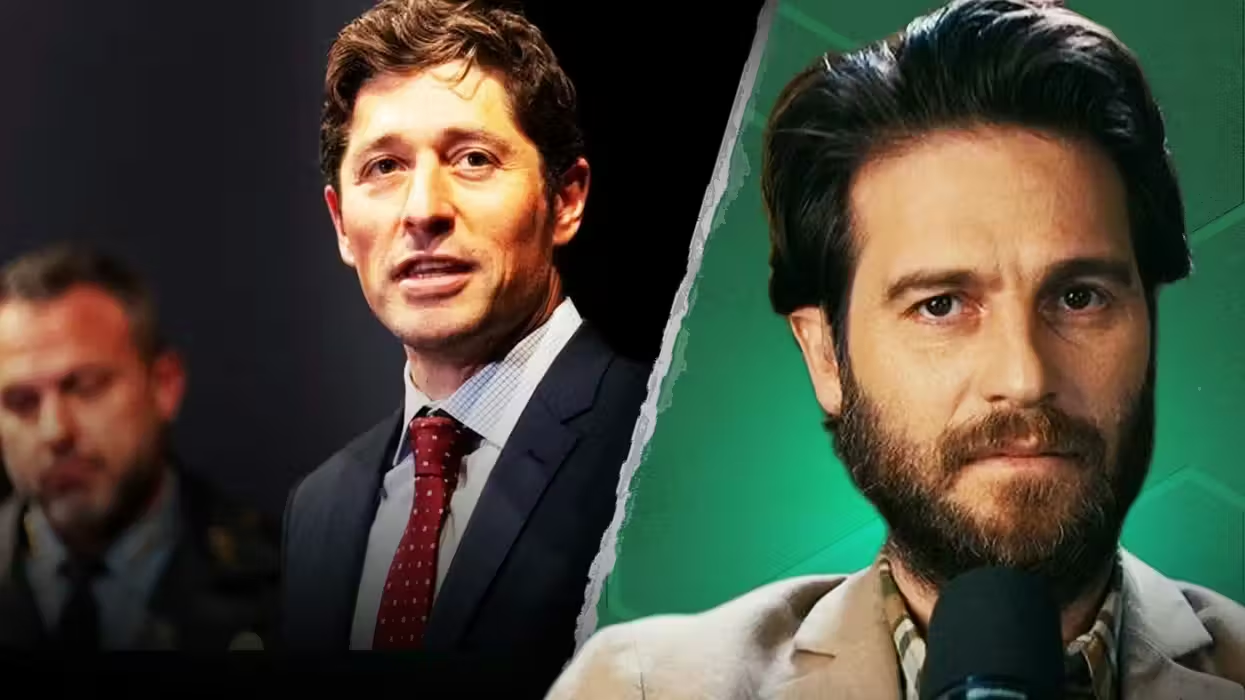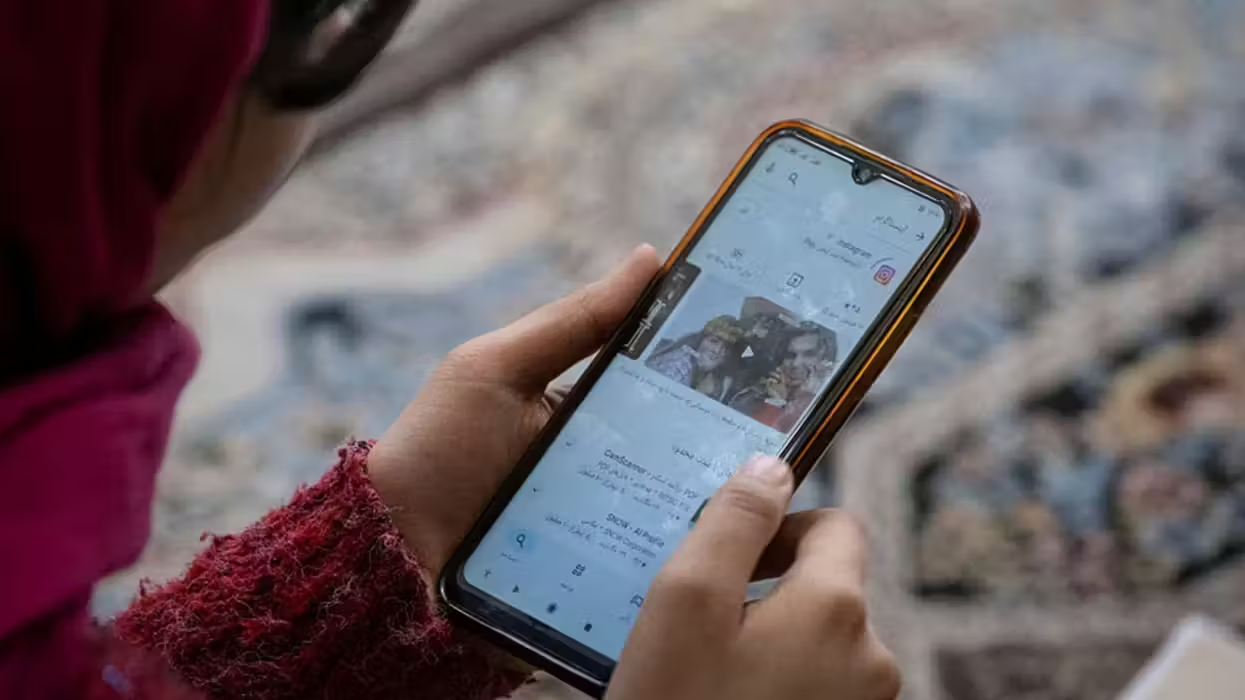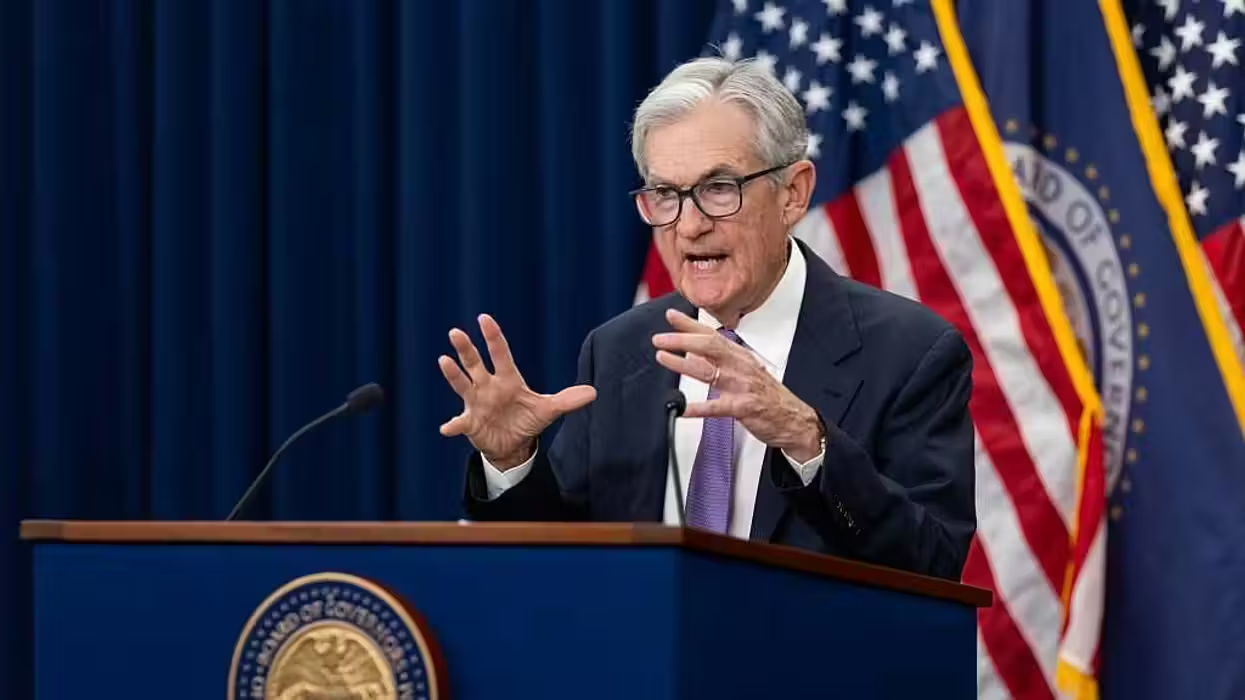Dr. Adrienne Keene watches many films about Native Americans on Netflix so she wasn't surprised when Disney's "Pocahontas" showed up in her recommendations.
She was, however, surprised by the movie's description, "An American Indian woman is supposed to marry the village’s best warrior, but she yearns for something more — and soon meets Capt. John Smith."
As a post doctoral fellow at Brown University with a focus on Native higher education, Keene told TheBlaze in an interview that she sees examples of subtle sexism and racism pertaining to Native Americans in popular culture often enough that she decided to tweet about Netflix's "Pocahontas" description with hopes that her followers would engage in a dialogue.
But it wasn't just Keene's followers who discussed the movie description. Within one week, Netflix, tagged in some of the tweets, took notice as well and not only changed the movie's description, but also sent Keene a personal email.
"We do our best to accurately portray the plot and tone of the content we're presenting, and in this case you were right to point out that we could do better," the email from Netflix says. "The synopsis has been updated to better reflect Pocahontas' active role and to remove the suggestion that John Smith was her ultimate goal."
The Disney movie's description now reads, "A young American Indian girl tries to follow her heart and protect her tribe when settlers arrive and threaten the land she loves."
"I do this work a lot, and this was not something that I even thought about as a high priority," Keene told TheBlaze. "I just thought it was an interesting thing to talk about."
Keene said that while she did tag Netflix in her tweets, she didn't reach out to the movie streaming company directly or try to make the situation into a "big campaign." She added that she was "pleasantly surprised" when Netflix responded to her.
Keene also addressed the movie description on her blog, Native Appropriations, which she said she uses to expose incidents of bias and racism for others to recognize. On her blog, Keene described the synopsis as "porno sounding" when compared to other movie synopses.
"It's not always blatant," Keene said of the racism against Native Americans in popular culture. "It plays out in the way that language is utilized and the undercurrents of what is being said even if it's not explicit."
But in this instance, Keene's social media posts resulted in an actual change.
"From an angry tweet to an actual change in the description. Sometimes I’m still amazed by the power of the internet,"Keene wrote in a follow-up post on her blog.


